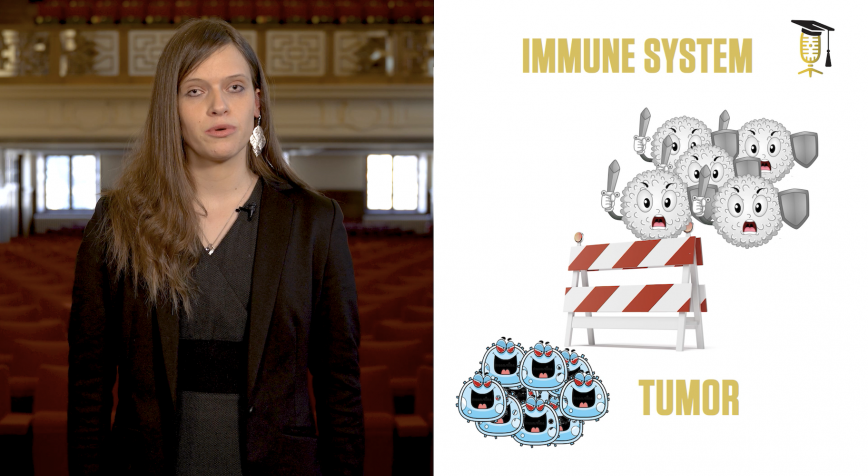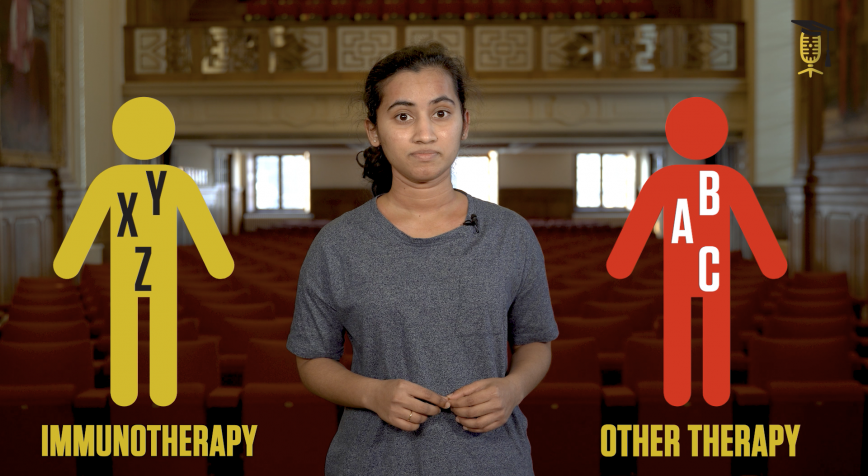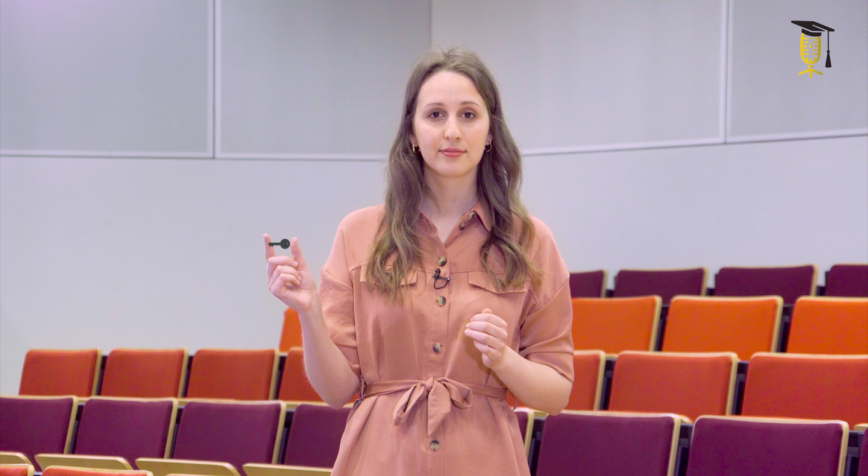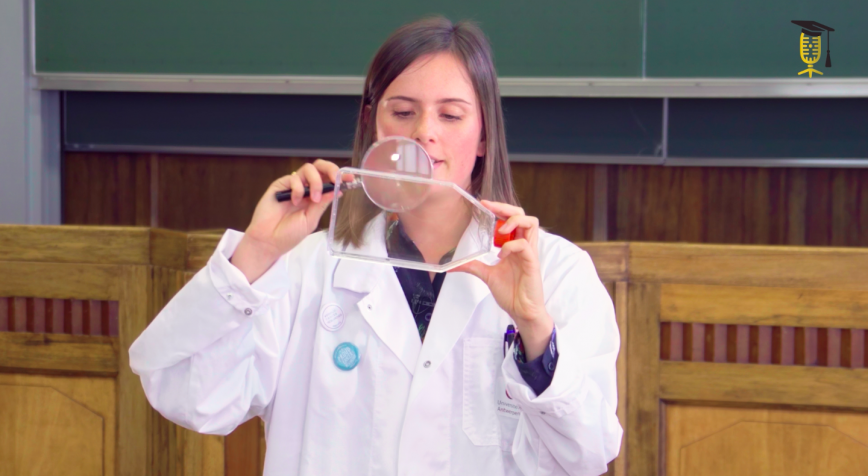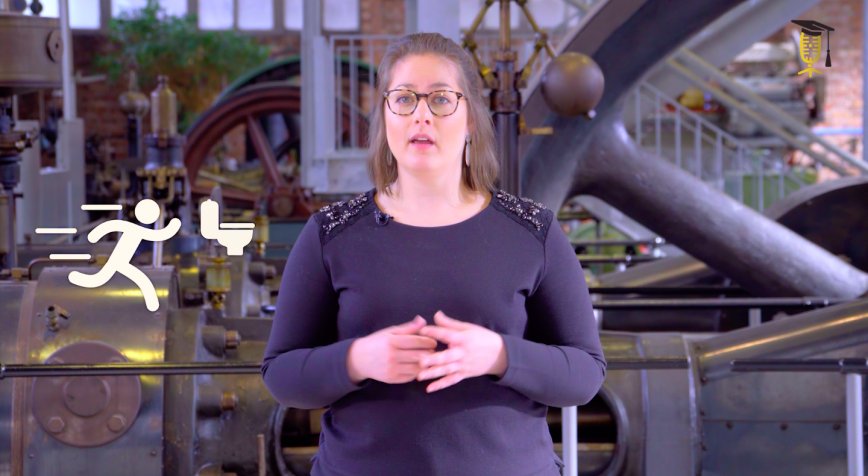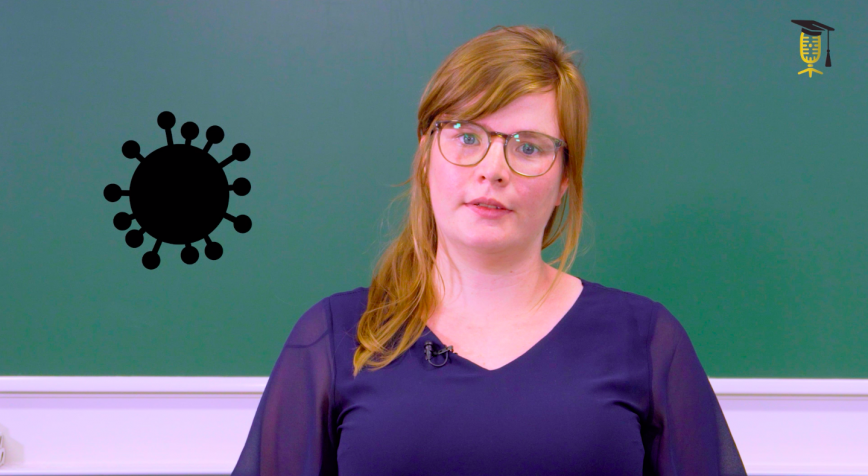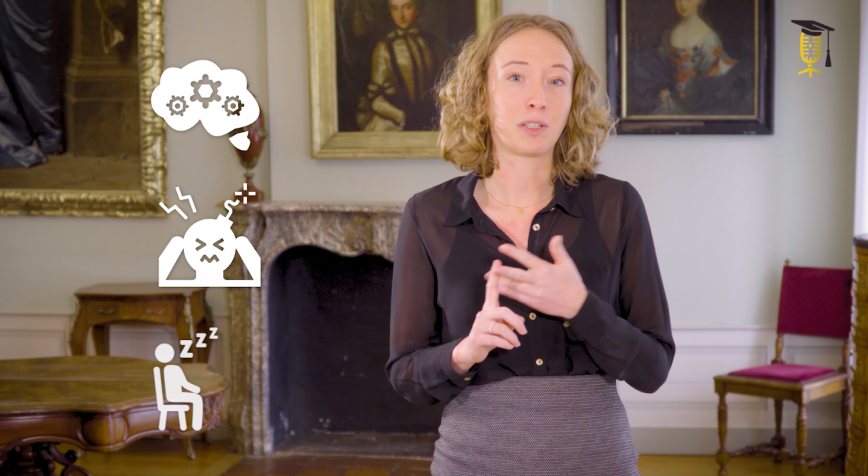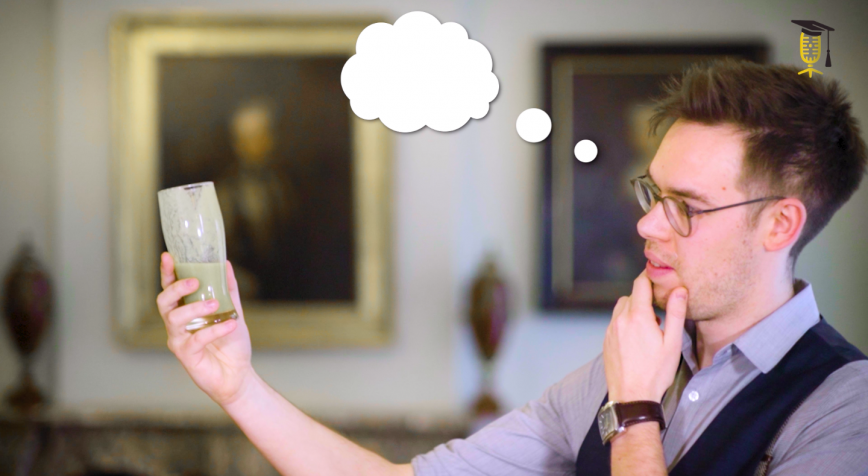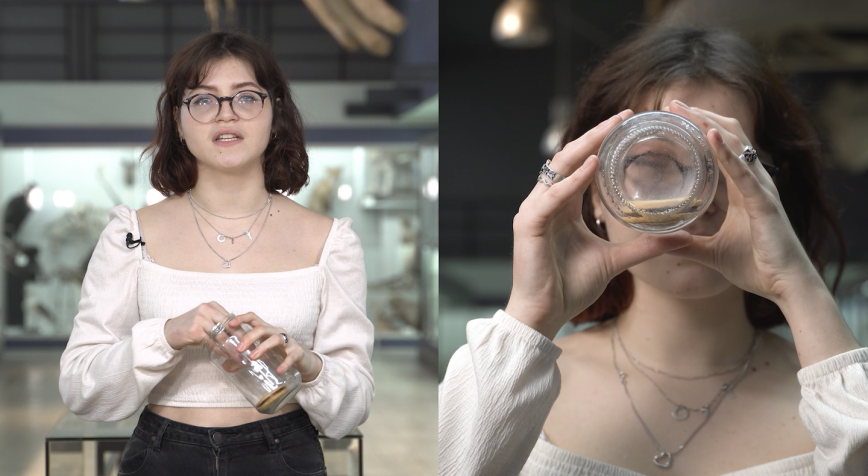
KU Leuven
Is the cure for cancer stuck in a jar?
Have you ever tried to get the last cookie from the bottom of the jar but couldn't quite reach it? Now, what if that cookie can potentially help cure cancer? Wiktoria Wojtaczka (KU Leuven) is investigating terbium, a chemical element that can be turned into a drug for cancer. But the problem she faces in her research is pretty similar to that of the cookie stuck in the jar
